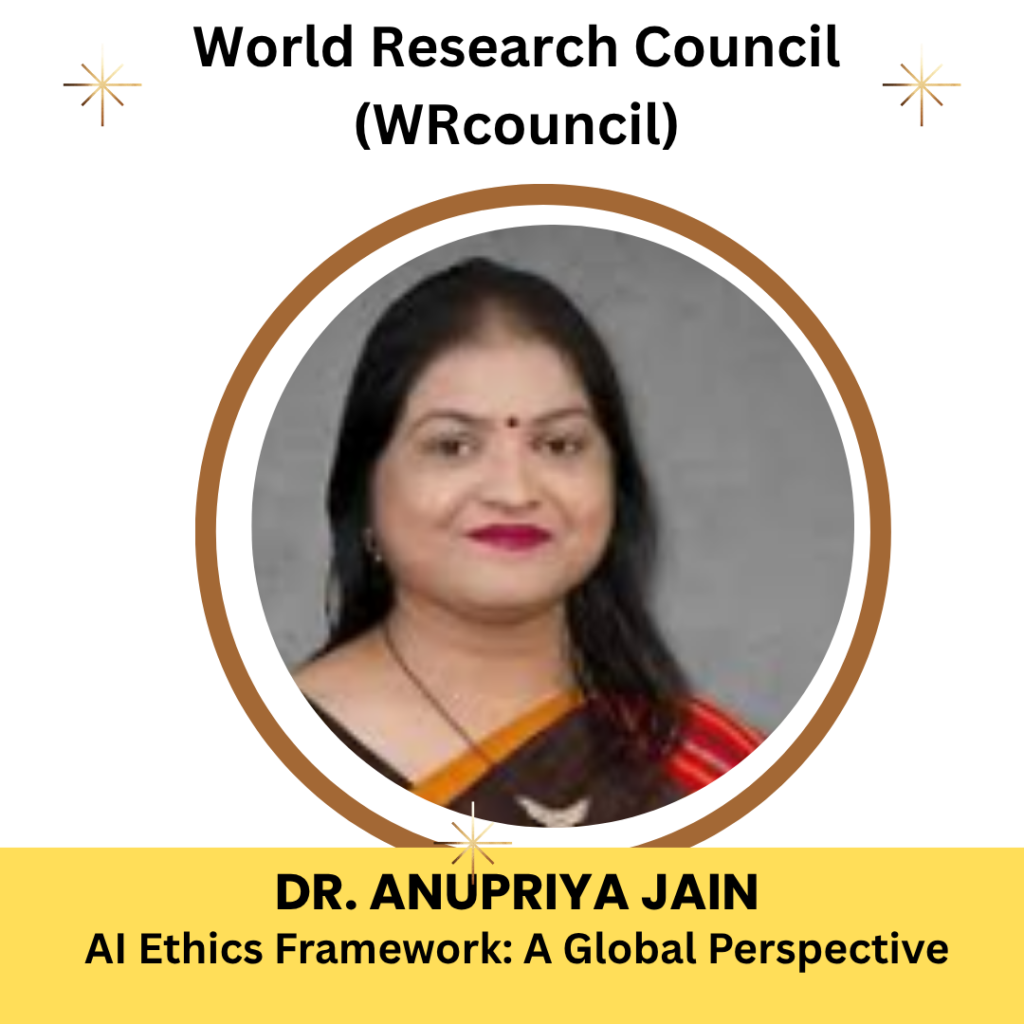Artificial Intelligence (AI) is transforming our world at an unprecedented pace. From personalized healthcare to intelligent automation, AI has woven itself into the fabric of modern life. However, as AI capabilities expand, so do ethical challenges—ranging from privacy violations and algorithmic bias to transparency and accountability. This has triggered a global dialogue on the urgent need for a robust AI ethics framework that transcends borders and cultures.
In this blog, we explore the global perspective on AI ethics, examining various national and international initiatives, comparing frameworks, and identifying key principles that can guide ethical AI development worldwide.
Why We Need a Global AI Ethics Framework
The rapid deployment of AI systems across industries raises critical questions:
-
How do we ensure AI decisions are fair and unbiased?
-
Who is accountable when AI systems fail?
-
Can AI respect cultural diversity while adhering to universal human rights?
As AI becomes increasingly global, the ethical framework guiding its development must also be inclusive and globally coordinated.
Key Principles of AI Ethics
Despite regional differences, most AI ethics frameworks converge around these core principles:
-
Transparency: Systems should be explainable and understandable.
-
Accountability: Clear lines of responsibility must be established.
-
Privacy & Data Governance: Data used must be collected and stored responsibly.
-
Fairness & Non-Discrimination: Algorithms must not reinforce bias or inequality.
-
Human-Centric Values: AI should promote human well-being and autonomy.
-
Safety & Robustness: AI must be secure, reliable, and resilient to misuse.
Global Initiatives and Frameworks
1. European Union (EU) – AI Act and Ethics Guidelines
The EU leads with its AI Act and Ethics Guidelines for Trustworthy AI developed by the High-Level Expert Group on AI. It classifies AI systems based on risk levels and enforces strict requirements on high-risk applications.
2. OECD AI Principles
The Organisation for Economic Co-operation and Development (OECD) has outlined five principles for responsible AI that have been endorsed by over 40 countries.
3. UNESCO’s AI Ethics Recommendation
UNESCO launched the first global normative instrument on the ethics of AI in 2021, calling for inclusive, human rights-based AI governance.
4. USA – NIST AI Risk Management Framework
The National Institute of Standards and Technology (NIST) in the U.S. provides voluntary guidance to improve the trustworthiness and accountability of AI systems.
5. China’s Governance Principles for AI
China emphasizes AI governance with Chinese characteristics, promoting responsible innovation while supporting national strategies and economic goals.
6. India’s NITI Aayog – Responsible AI for All
India’s national strategy emphasizes inclusive growth, ethical deployment, and indigenous innovation, with a focus on socioeconomic development.
Comparing Global Approaches
| Region | Key Body/Framework | Focus Areas | Unique Element |
|---|---|---|---|
| EU | AI Act, HLEG | Risk-based regulation, trustworthiness | Legally binding AI classification |
| USA | NIST Framework | Voluntary standards, risk mitigation | Industry-driven governance |
| China | AI Governance Principles | Economic advancement, data sovereignty | Tech growth with state oversight |
| India | NITI Aayog Strategy | Social inclusion, ethical innovation | Development-centric approach |
| UNESCO | Global Ethics Recommendation | Human rights, sustainability | First global normative framework |
Toward a Harmonized Global Standard
Although each country tailors its approach to domestic priorities, there is increasing momentum toward global cooperation. Initiatives like the Global Partnership on AI (GPAI) and AI for Good by ITU promote collaborative research and ethical implementation.
A harmonized framework could include:
The Role of Multistakeholder Collaboration
Governments alone cannot shape ethical AI. It requires participation from:
-
Industry: Build ethics into AI design and deployment
-
Academia: Research socio-technical impacts and develop governance models
-
Civil Society: Advocate for rights and equitable access
-
International Bodies: Set shared goals and coordinate efforts
A global AI ethics framework is not just a regulatory necessity—it is a moral imperative. As the influence of AI extends to every corner of society, aligning its development with ethical values ensures that technology serves humanity, not the other way around.
The path forward lies in global dialogue, shared values, and inclusive innovation. By working together across disciplines and borders, we can build an AI-powered future that is ethical, fair, and beneficial to all.

